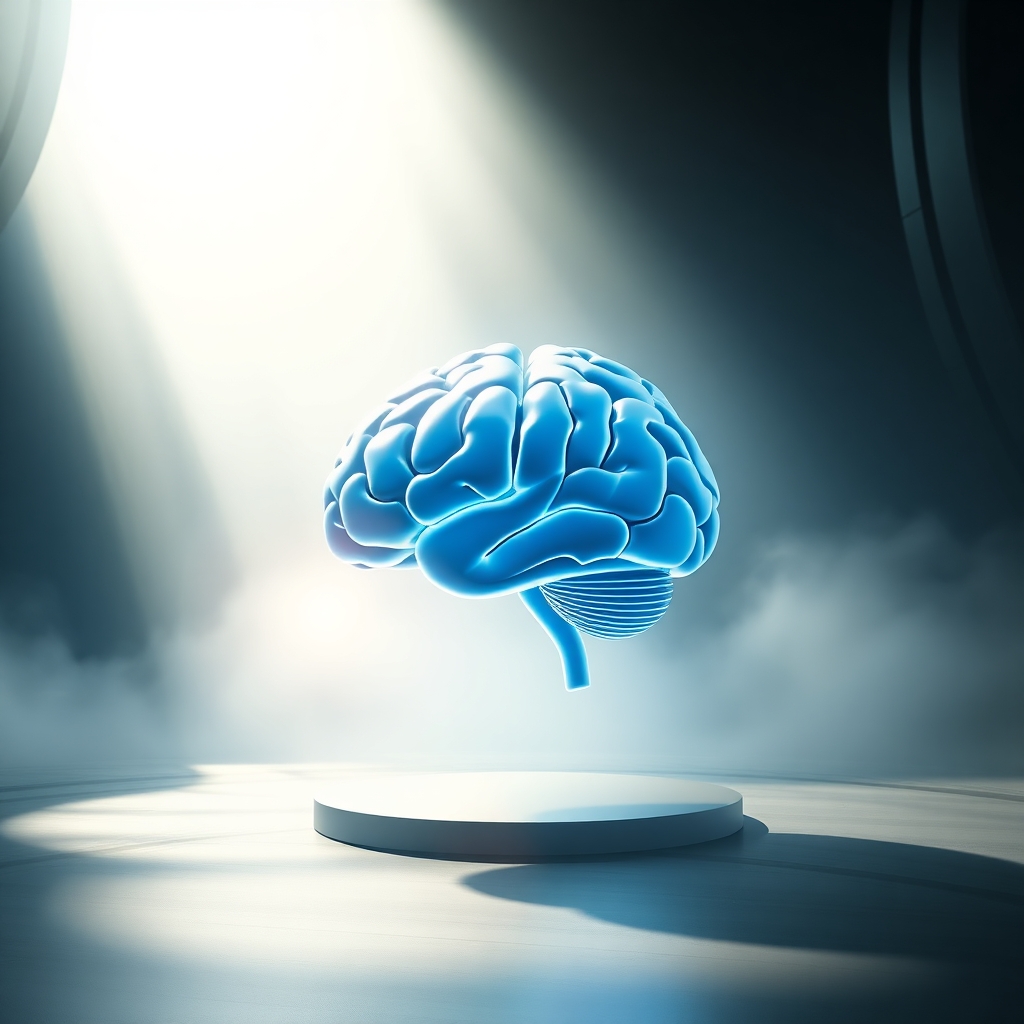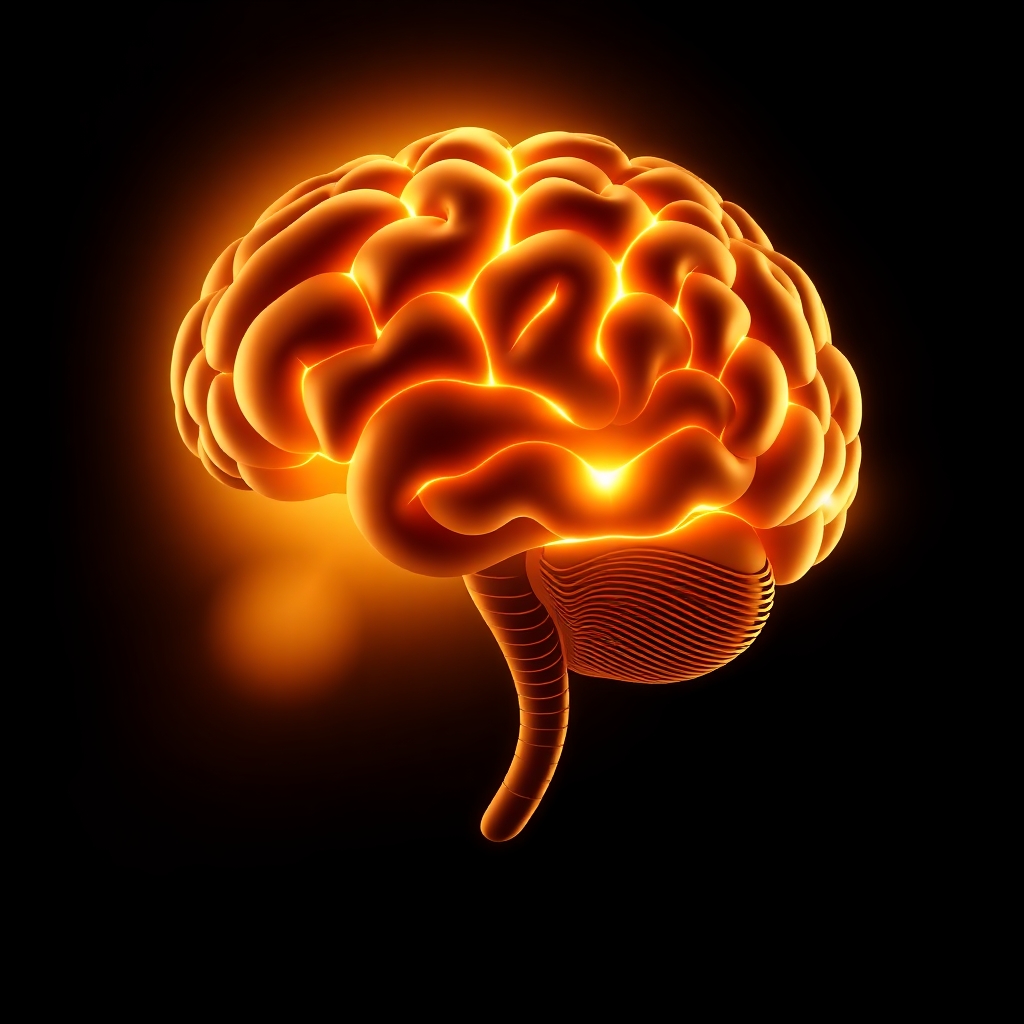Why Your ADHD Brain Benefits More from Exercise Than Others: The Science Behind Movement as Medicine
Your ADHD brain operates with fundamental differences in dopamine, norepinephrine, and serotonin systems—the very chemicals that regulate attention, motivation, and impulse control12. While neurotypical individuals benefit from exercise’s general mood and fitness improvements, your brain experiences something far more profound: a direct correction of the neurochemical imbalances that drive ADHD symptoms. Understanding this distinction empowers you to view exercise not as another “should do” on your list, but as targeted therapy that addresses your brain’s specific needs.










